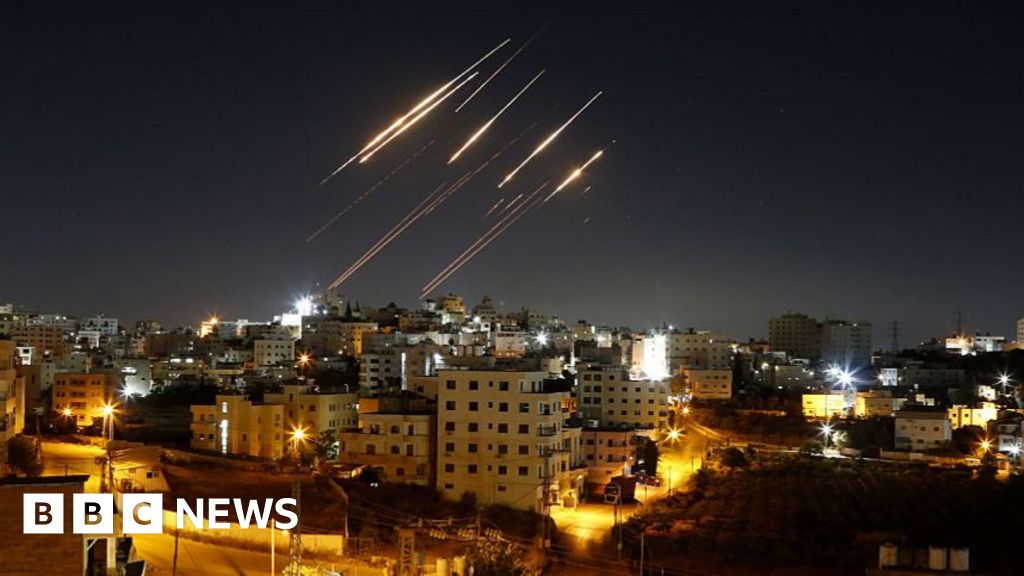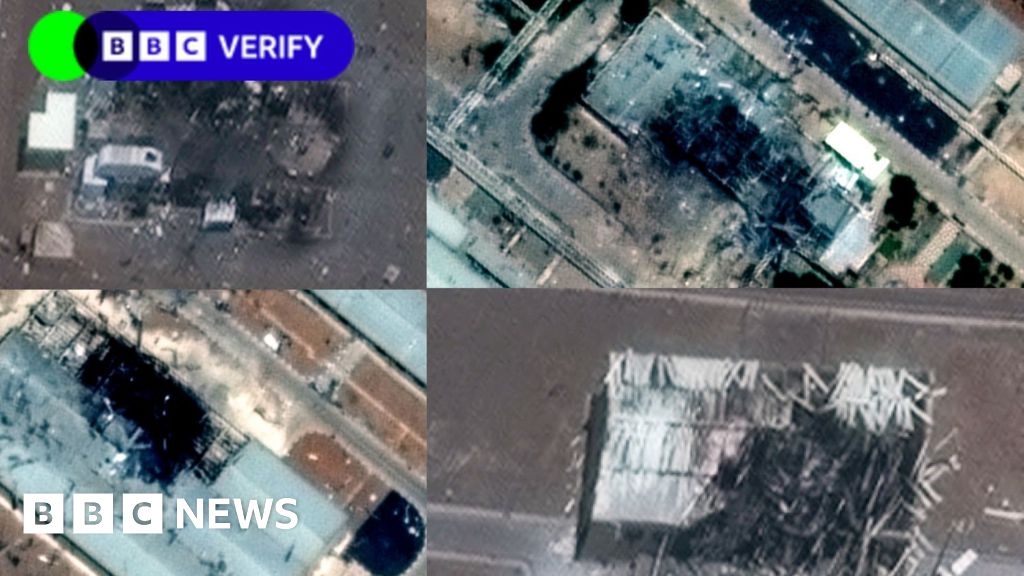ARTICLE AD BOX
By Jonathan Beale
Defence correspondent, BBC News
Image source, Reuters
Image caption,The Ukrainian military has been putting up fierce resistance
History shows that it's much easier to start a war than to end one.
That's certainly true of the US-led invasion of Afghanistan in 2001 and Iraq in 2003. And it might turn out to be the same for President Vladimir Putin in Ukraine.
There's an old axiom that military plans never survive the first contact with the enemy. It certainly appears to be true for Russia's forces in Ukraine.
Ed Arnold, an expert on European security at the Royal United Services Institute (Rusi), describes Russia's initial assault as "underwhelming" and "slower than expected".
He points to a number of reasons. Military doctrine for an invasion, he says, is usually "to go for overwhelming force". While Russia had massed between 150,000 and 190,000 troops on the border, so far it hasn't used them all.
That might be because Russia will need them for later phases of the invasion. It's normal for militaries to keep reserves as they adjust plans.
Western officials estimate that the initial assault involved about half of the forces it's massed. The initial invasion has been further complicated by attacks from multiple directions.
Russia also hasn't used its artillery and air strikes as intensively as expected. But Mr Arnold adds: "A key point is that they are facing very stiff Ukrainian resistance, which I don't think they expected."
That said, he believes that Russia's military commander will quickly adapt to any setbacks. Gen Sir Richard Barrons, a former senior British military commander, says it still appears that the Russians "are going to secure their military objectives quite quickly".
Gen Barrons says it's quite clear the initial objectives of Russia's offensive are to "break the Ukrainian military, remove the central government and annex an element of Ukraine to be absorbed into a wider Russia".
On some of those goals, Russia appears to have already made progress. It's made advances from the south. Russian forces have now created a land bridge into Ukraine from Crimea, which they invaded in 2014.
Ed Arnold describes this as a "modest objective". But from here, they can try to encircle Ukraine's forces defending in the east.
Some of Ukraine's most experienced troops are dug in along the line of contact, where they've been fighting Russian-backed separatists for the past eight years.
So far, they appear to have bravely fought off Russian efforts to break through their lines from the occupied territories of Donetsk and Luhansk. But they will find it much harder if they become surrounded.
The fact is that a significant portion of Ukraine's armed forces are already tied down in the fighting and will find it hard to reposition.
Russia has also made significant advances on Kyiv. Taking the capital is the other main objective, not least because it's the centre of government and leading the resistance.
President Putin wants to replace President Zelensky's democratically elected authority with his own, more compliant, regime. Ed Arnold of Rusi says "anything less that the capture of Kyiv would not achieve Russia's objectives".
The question now is, how easy will that be? Russian forces appear to be making an attempt to encircle the city. But they're likely to face stiffer resistance the deeper they push in.
Russia attacks Ukraine: More coverage
Urban warfare often gives the defender the advantage. Attacking forces will find it harder to manoeuvre from street to street, where buildings become defensive positions. Civilians, too, can become part of the resistance and potential targets. Urban warfare if the most difficult and bloody for any advancing army and requires more forces.
The Dnieper river forms a natural barrier between east and west Ukraine. Ed Arnold describes it as a potential "limit of exploitation" for Russian forces.
If they can capture Kiev and the rest of the country, then Mr Arnold suggests there may be little advantage in pushing further west. President Putin may hope that after his forces have captured the capital and defeated Ukraine's army, the resistance will crumble.
But while 190,000 troops may be enough to carry out an invasion, military experts doubt whether it's enough to occupy Europe's second-largest country. Ukraine is larger than France. Gen Barrons, who was a British military commander in Iraq, says: "If Mr Putin's intent was to occupy the whole of Ukraine with a force of around 150,000, that would only conceivably work if it had the consent of the population."
He says that, while there is an element of the population that cleaves to Russia in the east, any Russian-installed government would struggle to rule by consent a population of some 40 million.
Gen Barrons believes that while Russia has the forces in place to defeat Ukraine's army eventually, that could be replaced by a "very resilient insurgency". Any expectation by President Putin that he can control the entire country, he says, "may be a major miscalculation".

 3 years ago
97
3 years ago
97








 English (US) ·
English (US) ·